Podcast Mute/Unmute #23 - A Conversation on Accessibility in Art School between Frances Breden, Katinka Sun und Charlotte Perka - HFBK Hamburg, Prof. Dr. Astrid Mania - HFBK
- MEDIATHEK
- Alle Videos
- HFBK
- Alle Bereiche
- Podcast: Mute/Unmute
Alle Videos
Podcast Mute/Unmute #23 - A Conversation on Accessibility in Art School between Frances Breden, Katinka Sun und Charlotte Perka
In dieser Folge denken Frances, Katinka und Charlotte gemeinsam aus studentischer Perspektive darüber nach, welche Erfahrungen sie in der Kunsthochschule mit Zugänglichkeit und Verletzlichkeit gemacht haben. Ihr Verständnis von Zugänglichkeit beruht auf der Annahme, dass alle Menschen interdependent sind, d.h. durch wechselseitige Abhängigkeit miteinander verbunden sind. Ausgehend davon verstehen sie es als eine geteilte Verantwortung aller, Strukturen zu schaffen, die die unterschiedlichen Zugangsbedürfnisse der Teilnehmenden mitdenken. Sie lernen von und beziehen sich auf Wissen und erarbeitete Materialien einer Vielzahl von behinderter und chronisch kranker Menschen, die sich seit langer Zeit für mehr Zugänglichkeit in allen Bereichen des Lebens, und so auch im Kunstkontext einsetzen. Sie sprechen u.a. darüber, dass Zugänglichkeit für alle Menschen (unabhängig von Ability und Gesundheitszustand) wichtig ist, um in kleinen Schritten auf Strukturen hinzuarbeiten, die Interdependenz, Gerechtigkeit und Befreiung für alle ermöglichen.
Die besprochenen Gedanken zu Zugänglichkeit sind subjektiv und unvollständig. Wir hoffen, dass sie jedoch einen kleinen Einblick geben können und/oder ein Startpunkt für eine weitere Auseinandersetzung mit Zugänglichkeit sein können.
(EN)
In this episode, Frances, Katinka and Charlotte reflect on their experiences of accessibility and vulnerability in art school from a student persepective. Their understanding of accessibility is based on the assumption that all people are interdependent. Based on this, they consider it a shared responsibility of all to create structures that take into account the different access needs people have. They learn from and draw on knowledge and developed materials from a wide range of disabled and chronically ill people who have long advocated for greater accessibility in all areas of life, also in the art context. They talk, among other things, about the importance of accessibility for all people (regardless of ability or health status) in order to work in small steps towards structures that enable interdependence, justice and liberation for all.
The thoughts discussed on accessibility are subjective and incomplete. However, we hope they can give a small insight in thoughts on accessibility and/or be a starting point for further exchange and reading.
LINKS
Transkript: https://docs.google.com/document/d/12_5ejJMz64kc3FfB4eOTccmjiYlNm913KpwfX7ects0/edit?usp=sharing
Sickness Affinity Group: http://www.sicknessaffinity.org/
Coven Berlin: https://www.covenberlin.com/
Luiza Prado, Anticolonial Joy: https://www.luiza-prado.com/anticolonial-joy
Feministische Gesundheitsrecherchegruppe: http://www.feministische-recherchegruppe.org/
Agnieszka Habraschka, Cripping the Organising: https://www.youtube.com/watch?v=kpsBn530lvE
Carolyn Lazard, Accessibility in the Arts. A Promise and a Practice, https://promiseandpractice.art/
Mute/Unmute is a podcast and seminar by Astrid Mania, with the support of Noi Fuhrer (WS2021/21 and SoSe 2021), Rahel grote Lambers and Anne Meerpohl. The idea of this podcast is to introduce and discuss art works, theories and incidents that relate to questions like: who is allowed to speak, who’s not? What can be said, what not? Whose voices have been suppressed? What kind of narratives and histories? What violence do we exert when speaking about others? What should we urgently talk about?
Mute/Unmute is meant to be active during the winter semester 2020/21, but it can potentially run much longer. We welcome contributions from HFBK students and staff and beyond. For more info / list of contributions please see https://pad.hfbk.net/Mute_Unmute and / or get in touch with rahel.grote-lambers@hfbk-hamburg.de or astrid.mania@hfbk-hamburg.de
---
>>> German version below
Mute/Unmute is an ongoing podcast and seminar by Prof. Dr. Astrid Mania with the support of Noi Fuhrer and Anne Meerpohl (2020-2021/2022) and Rahel grote Lambers. The idea of this podcast which is open to all, is to introduce and discuss art works, theories and incidents that relate to questions like: who is allowed to speak, who’s not? What can be said, what not? Whose voices have been suppressed? What kind of narratives and histories? What violence do we exert when speaking about others? What should we urgently talk about?
The podcast addresses a wide range of topics, from pirate radio stations (episode #2) to HFBK initiatives such as the Institutional Questionnaire of the Critical Diverstiy AG (#11), from the origins of racial bias in photography (#19) to DAGESH-price winner Talya Feldman’s activism as she aims at changing the narratives of right-wing terror. It unmutes women from Iran (#40), mothers in art (#44) and HFBK students who generously share painful and difficult experiences with microracism (#46) or homophobia (#37). It introduces theories and seminal essays such as Barthes’ “Death of the Author” (#26), Spivak’s “Can the Subaltern Speak?” (#28), the notion of “Queer Silence” (#41) or Saidiya Hartman’s concept of “Critical Fabulation” (#35). And of course there’s sound and music, too, as we listen to an interview about the exhibition “Broken Music” (#39) or the riffs of “Heavy Metal Hercules” (#43).
>>> German version
Mute/Unmute ist ein fortlaufender, englischsprachiger, Podcast und ein Seminar von Prof. Dr. Astrid Mania, mit Unterstützung von Noi Fuhrer und Anne Meerpohl (bis 2021/2022) sowie Rahel grote Lambers. Der Podcast, zu dem alle herzlich eingeladen sind beizutragen, will Kunstwerke, Theorien und Ereignisse zur Sprache bringen, die sich auf Fragen beziehen wie: Wem wird das Wort erteilt, wem nicht? Was kann gesagt werden, was nicht? Welche Stimmen, welche Narrative und Geschichten wurden und werden unterdrückt? Üben wir, wenn wir sprechen, Gewalt aus? Und worüber sollten wir unbedingt sprechen?
Thematisch deckt der Podcast eine große Bandbreite ab, von Piratensendern (Folge #2) über HFBK-Initiativen wie den Fragebogen der Critical Diverstiy AG (#11), vom Racial Bias in der Fototechnik (#19) zur DAGESH-Kunstpreis-Gewinnerin Talya Feldman mit ihrem Aktivismus gegen rechten Terror. In manchen Folgen melden sich Frauen aus dem Iran (#40), Künstlerinnen, die Mütter sind, (#44) und HFBK-Studierende zu Wort, die schmerzhafte Erfahrungen mit Mikroagressionen (#46) oder Homophobie gemacht haben (#37). Der Podcast stellt Theorien und grundlegende Essays wie Barthes’ “Tod des Autors” (#26), Spivaks “Can the Subaltern Speak?” (#28), Saidiya Hartmans Methode der “Critical Fabulation” (#35) sowie das Konzept von “Queer Silence” (#41) vor. Und wir erfahren in “Broken Music” (#39), wie man eine Ausstellung zu Sound kuratiert, und hören, wie der “Heavy Metal Hercules” klingt (#43).
-
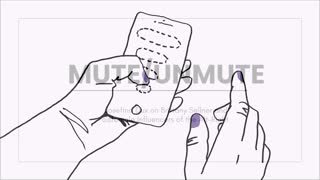
-
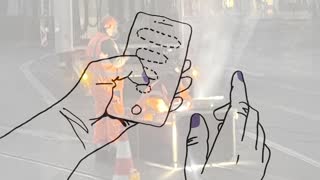
-
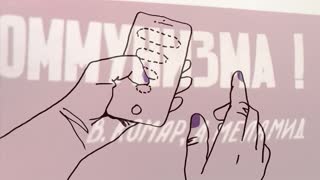
-
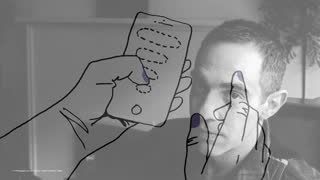
-
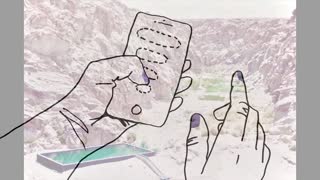
-
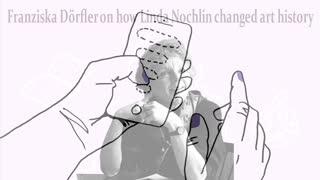
-
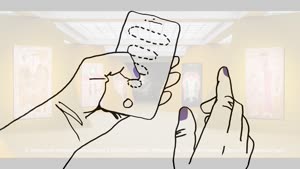
-
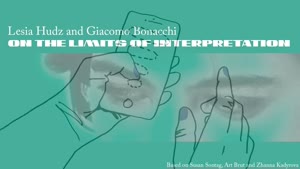
-
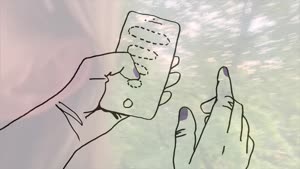
-
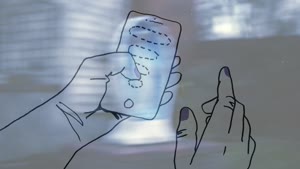
-
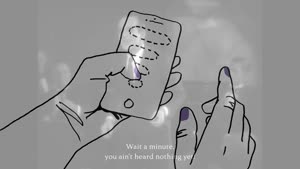
-
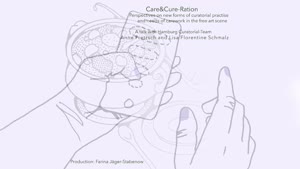
-
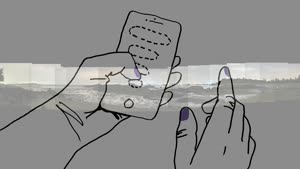
-
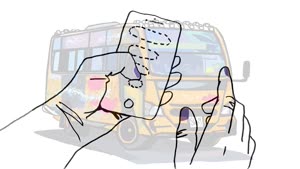
-
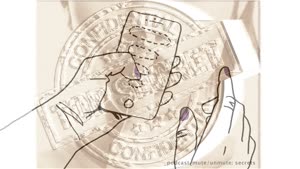
-
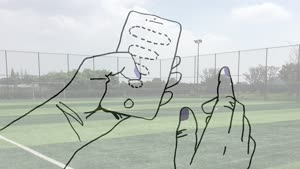
-
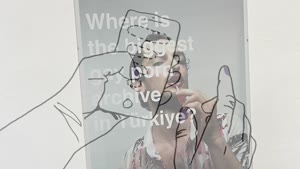
-
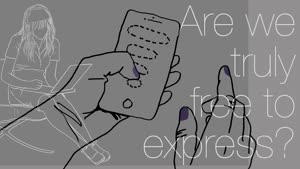
-
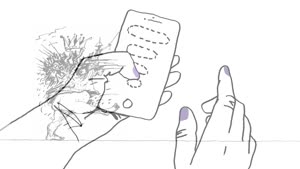
-
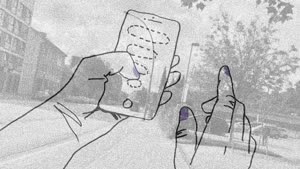
-
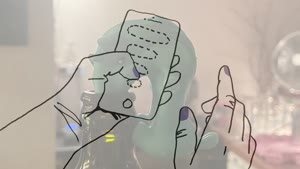
-
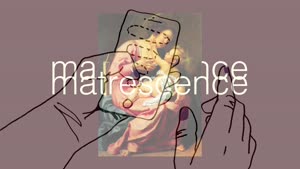
-
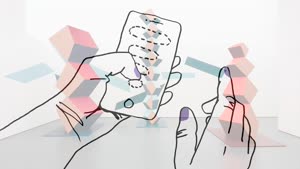
-
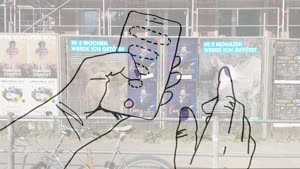
-
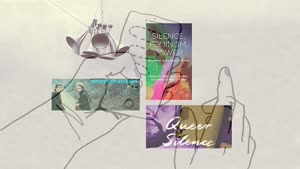
-
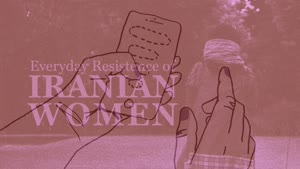
-
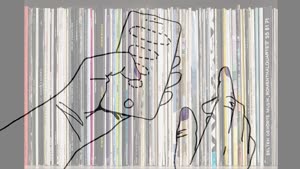
-
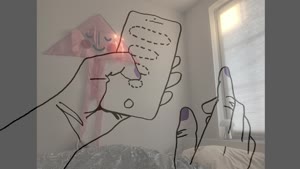
-
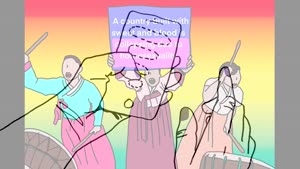
-

-
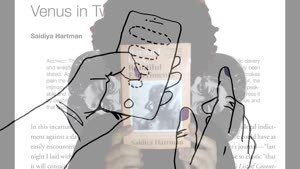
-
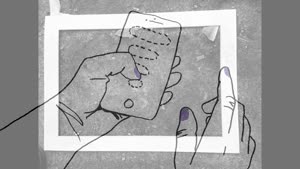
-
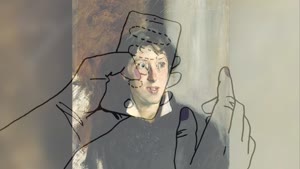
-
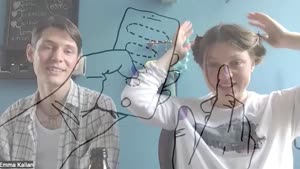
-
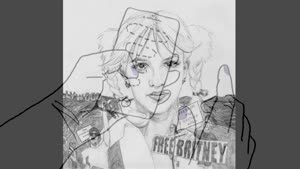
-
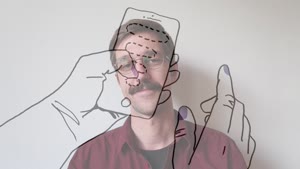
-
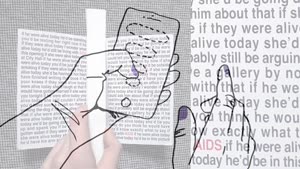
-
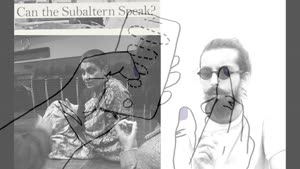
-
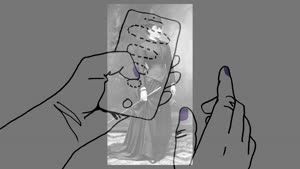
-
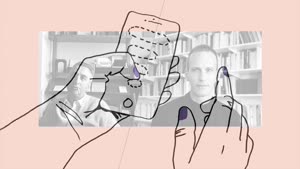
-
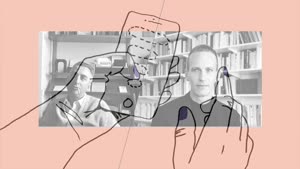
-
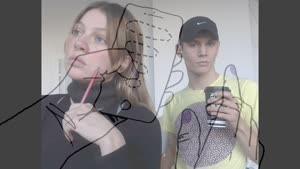
-
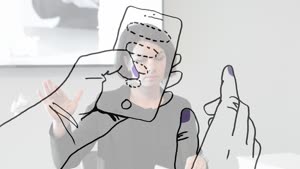
-
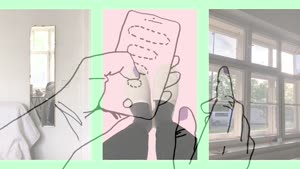
-
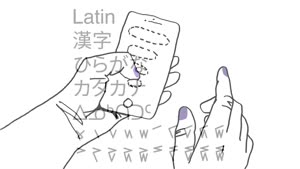
-
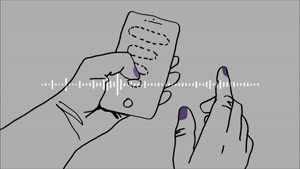
-
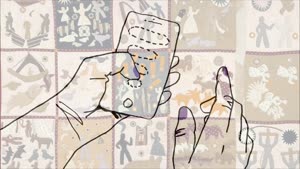
-
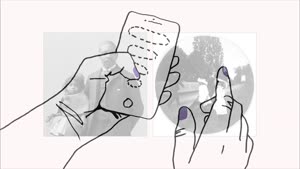
-
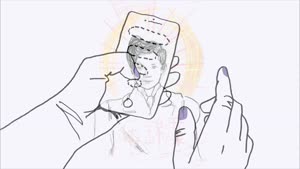
-
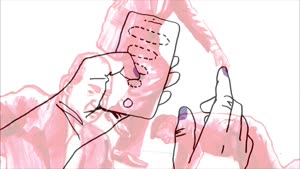
-
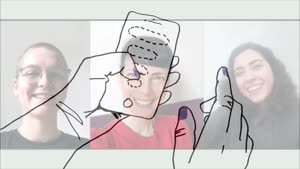
-
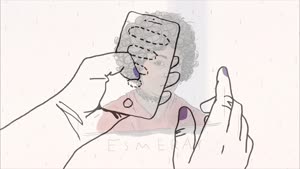
-
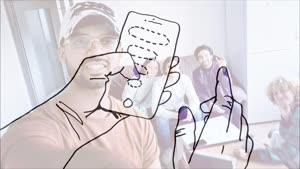
-
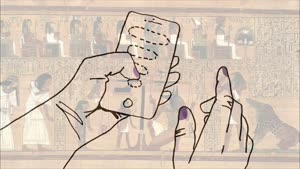
-
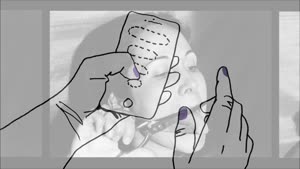
-
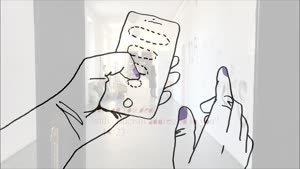
-
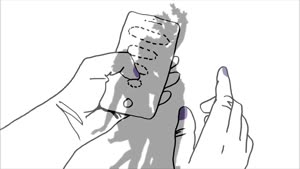
-
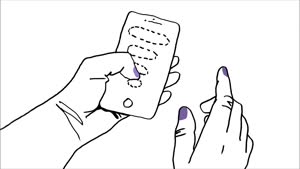
-
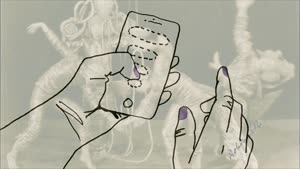
-
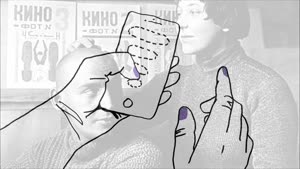
-
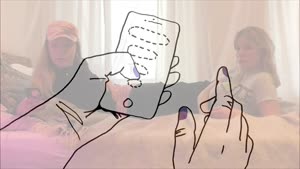
-
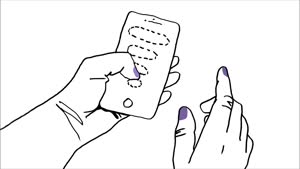
-
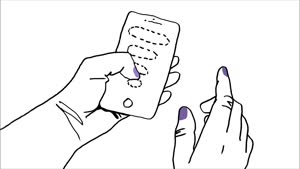
-
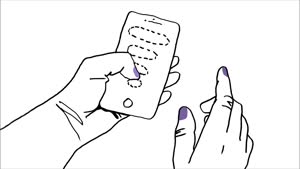
-
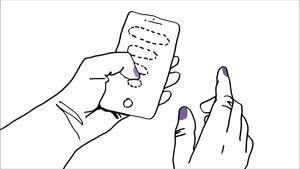
-
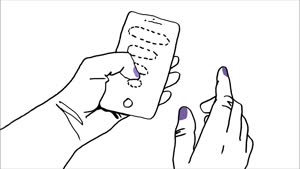 12.11.2020
12.11.2020Podcast: Mute/Unmute #1 - Philip Guston
